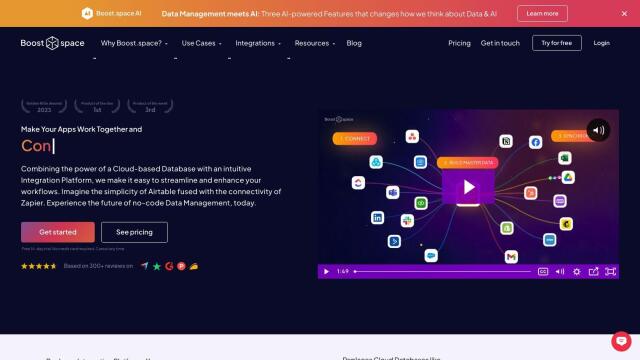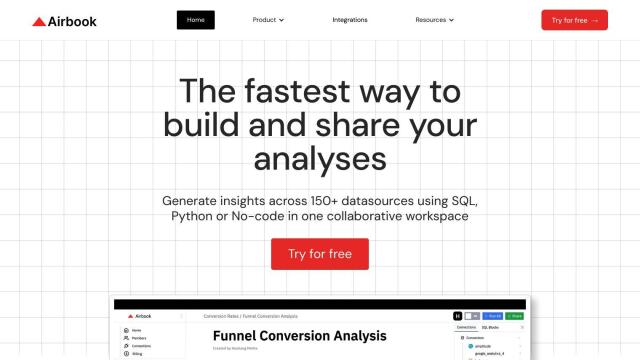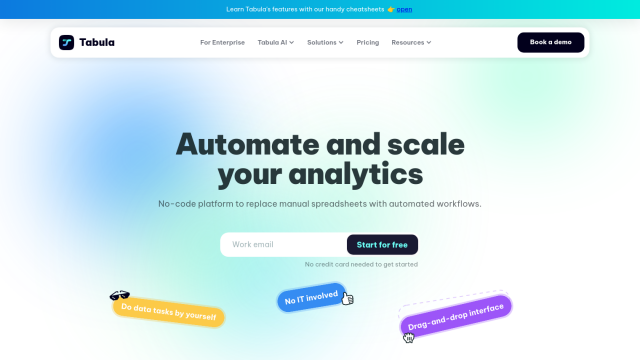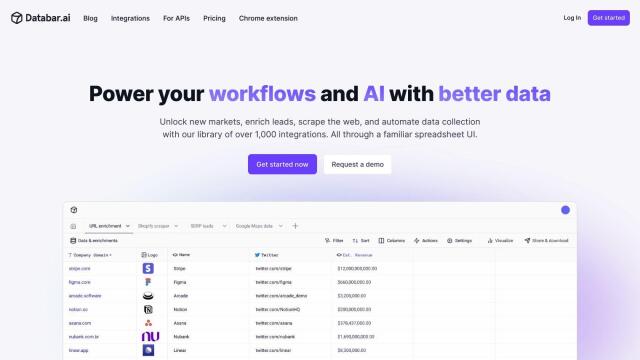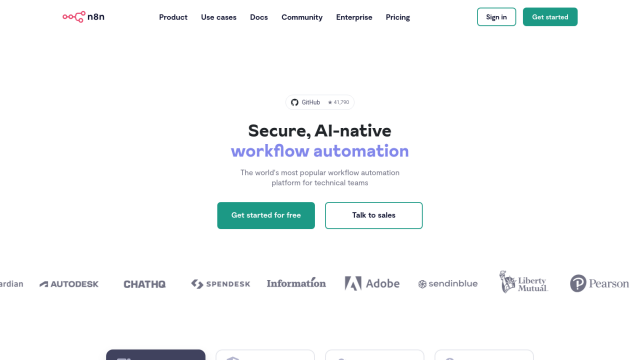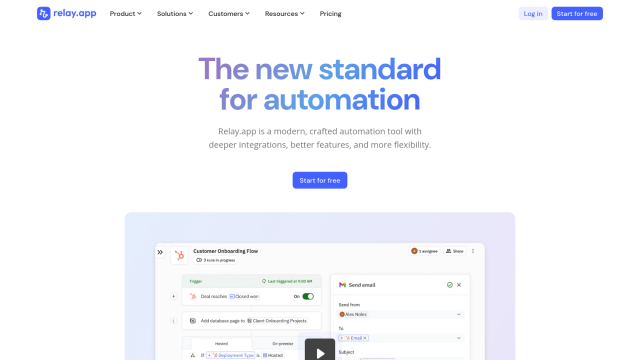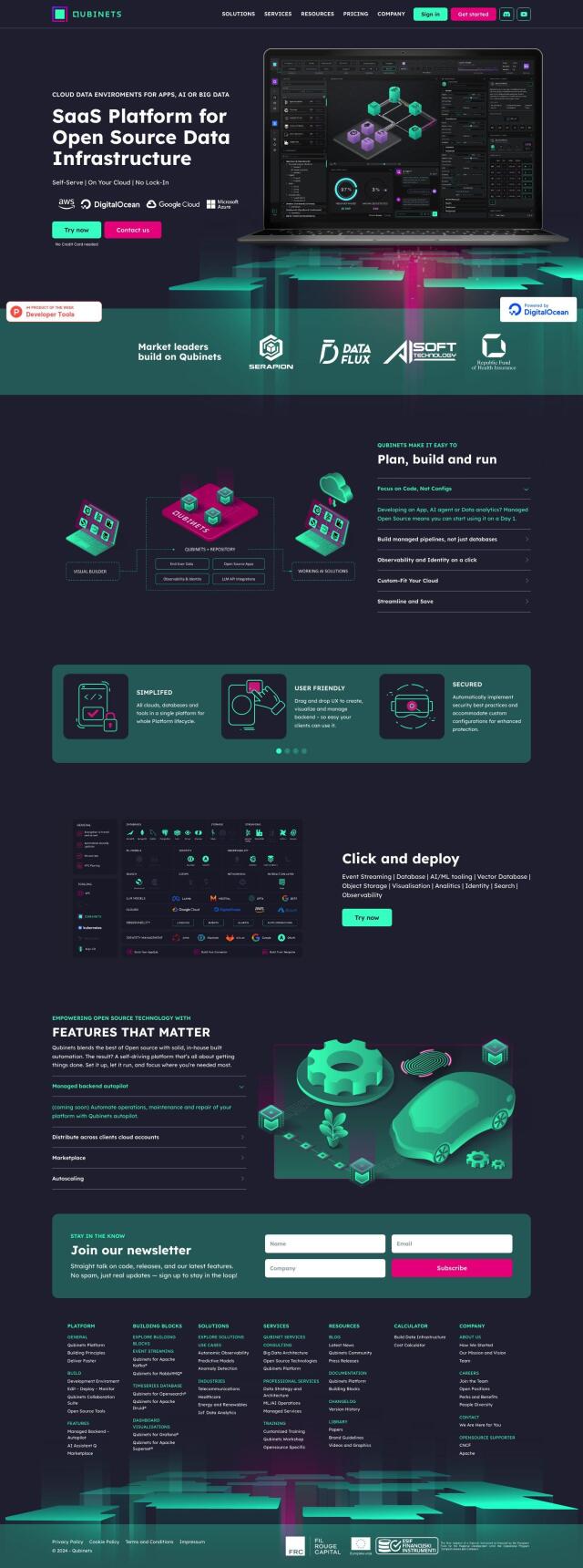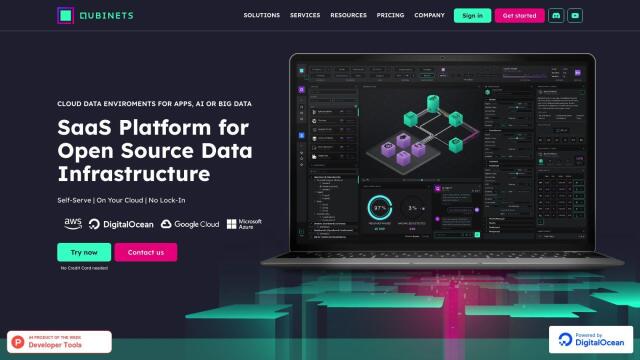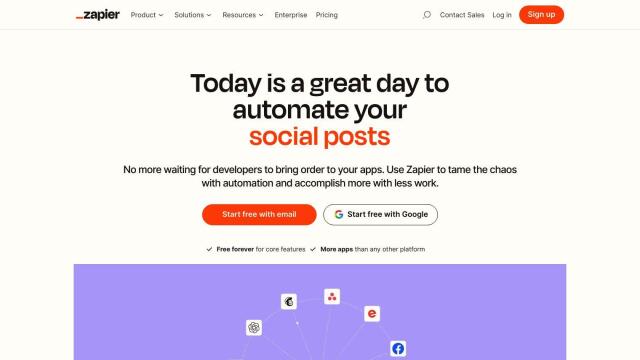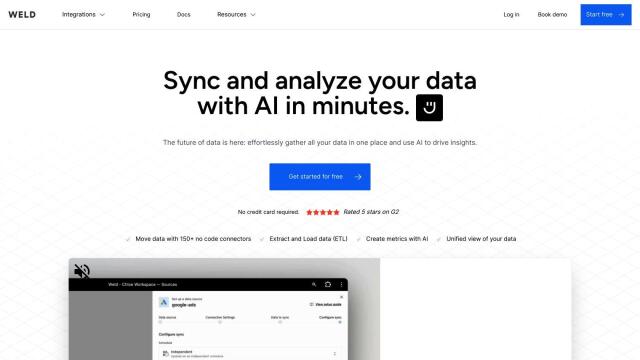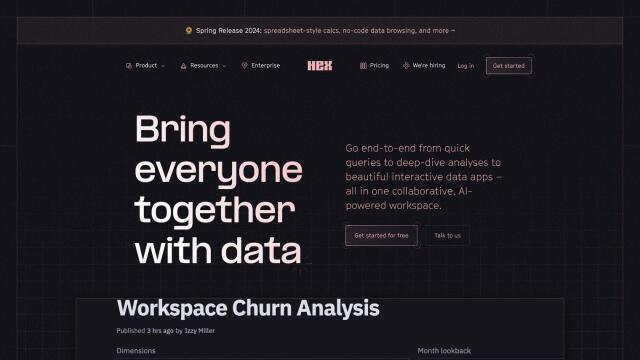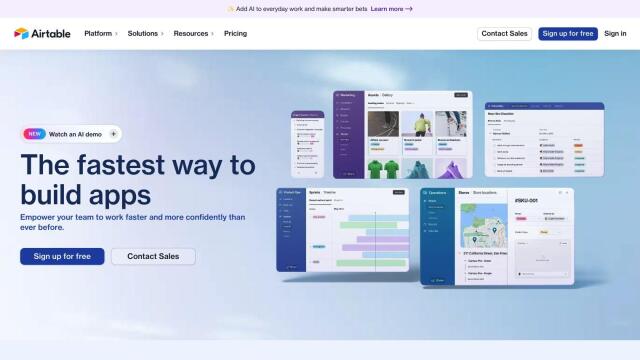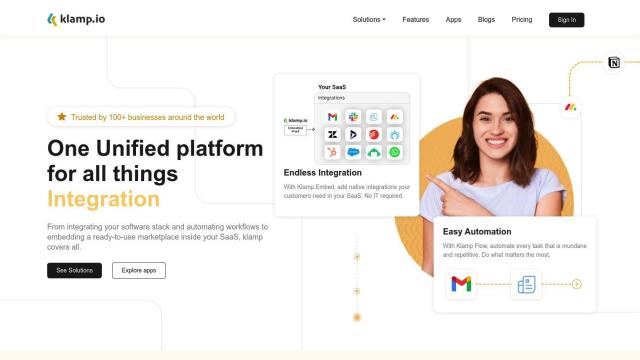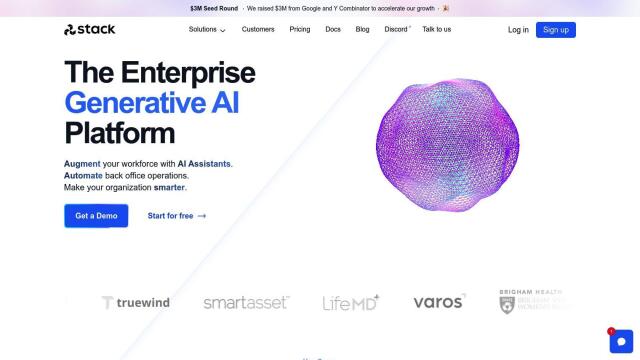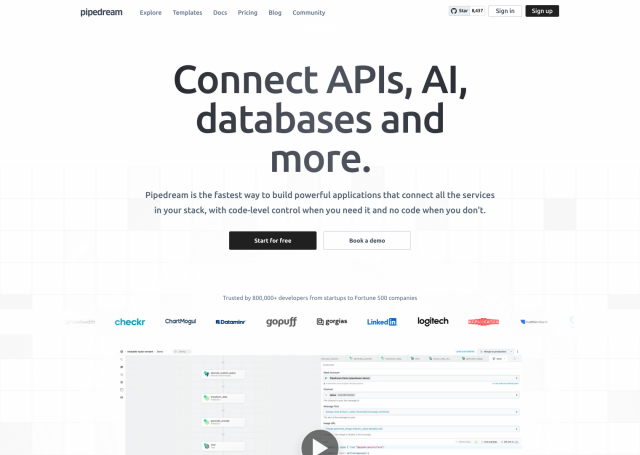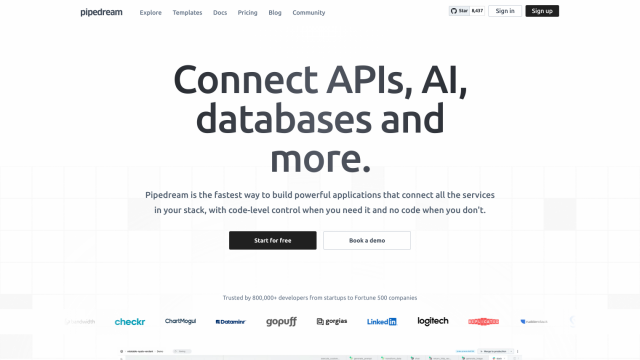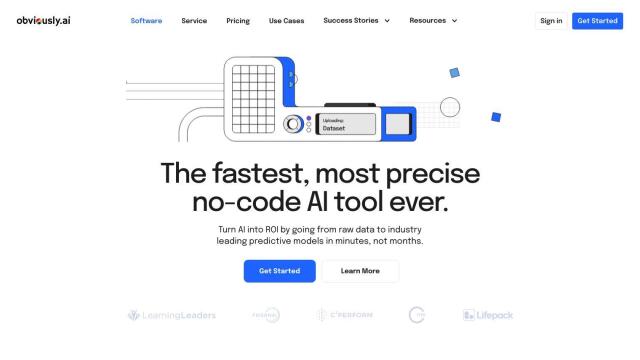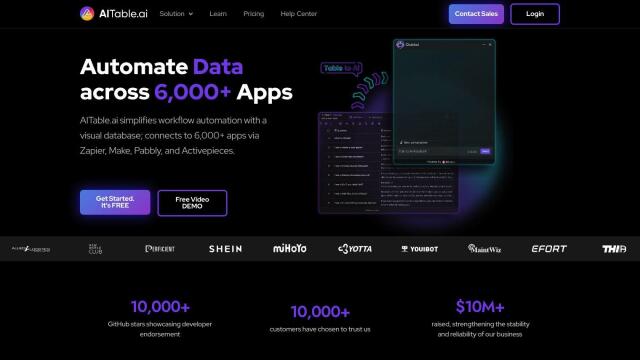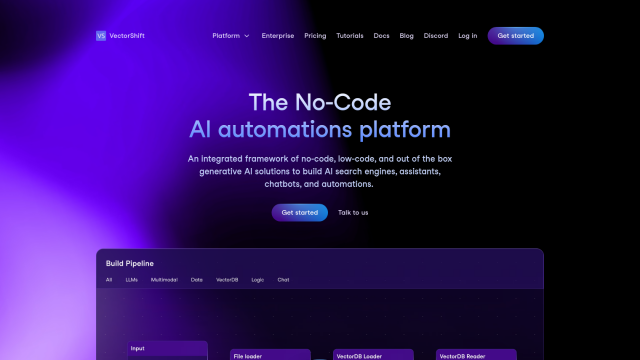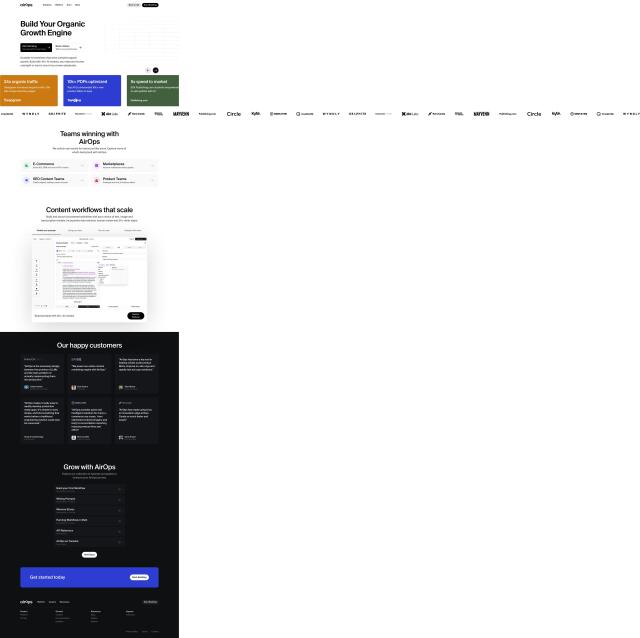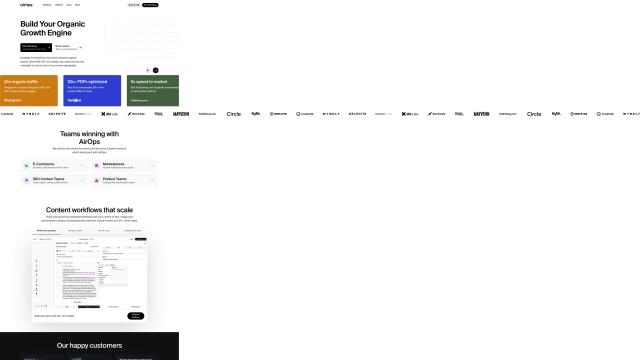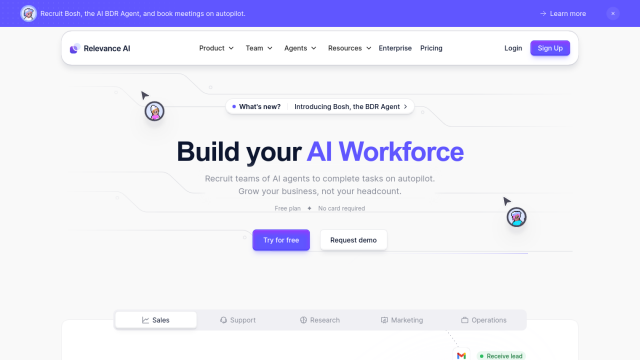Question: I'm looking for a way to streamline data integration and automation for my team, can you recommend a service that can help?
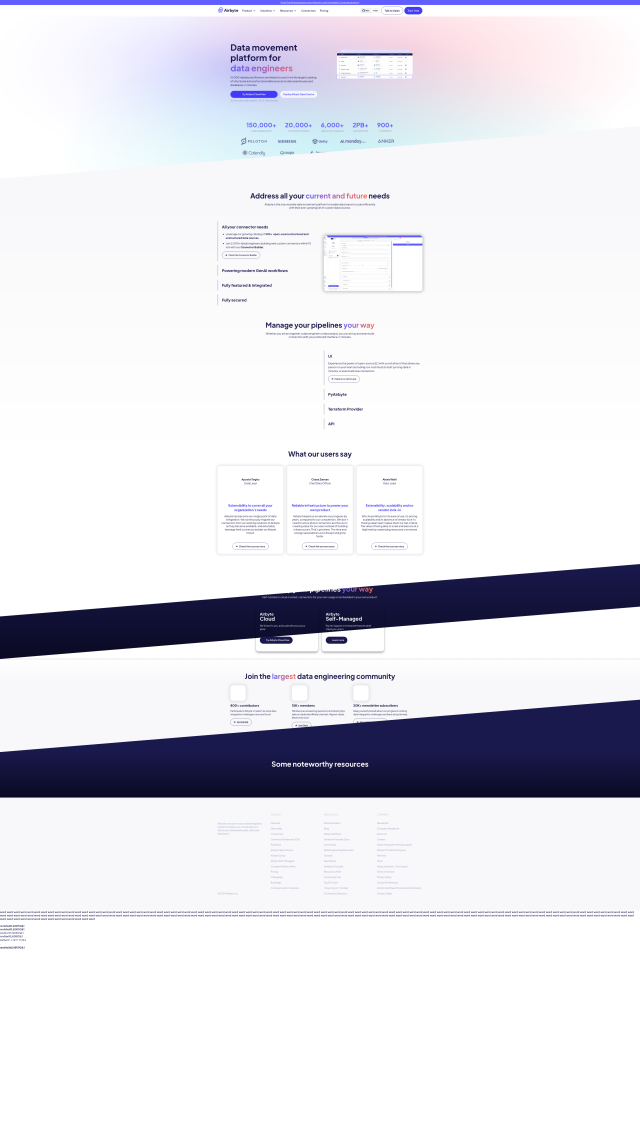
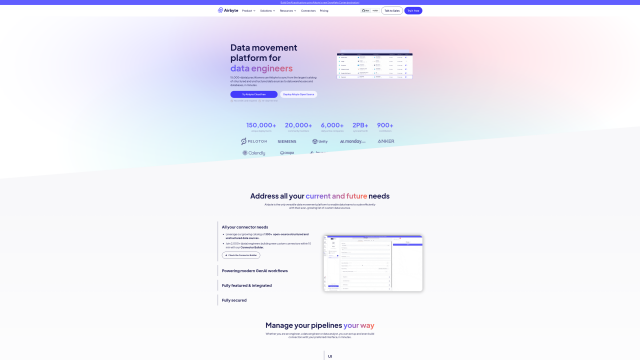
Airbyte
If you need to simplify data integration and automation for your team, Airbyte is definitely worth a look. The open-source software lets you move data from more than 300 sources to many destinations, and it's geared for data engineers, AI engineers and analytics teams. It comes with a Connector Builder for custom connectors, automated schema evolution and strong security. You can deploy it in the cloud or self-manage it, too.

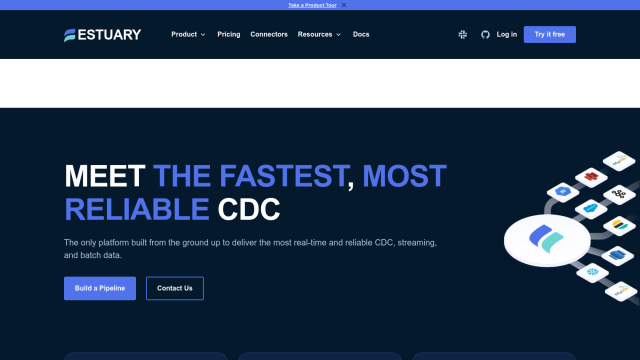
Estuary
Another option is Estuary, a real-time data integration service that's particularly good for change data capture (CDC), ETL and streaming pipelines. With more than 100 no-code connectors and a focus on reliability and low latency, Estuary is good for fast-moving DataOps. It's got flexible materializations, automated pipelines and schema evolution, all backed by an interface and a pricing system that scales with your data.

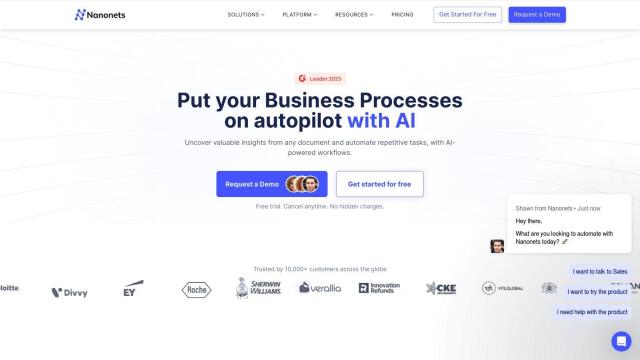
Nanonets
If you want to use AI to automate your work, Nanonets is a good option. It can pull useful information out of unstructured data sources and automate repetitive tasks with automated workflows. Nanonets can do sophisticated AI-powered data extraction and data enrichment, and it's designed to handle regulatory requirements like GDPR and HIPAA. It can improve accuracy and speed processing, and it's good for industries like finance, manufacturing and medicine.

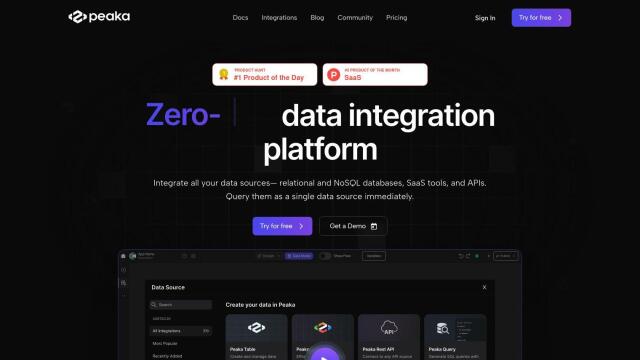
Peaka
Last, Peaka takes a different approach to data integration, letting you query different data sources -- relational and NoSQL databases, SaaS applications and APIs -- as a single unified source without the need for ETL jobs. It can ingest data in real time with streaming ingestion, and it can replicate data immediately with CDC. It also offers self-service integration with a variety of connectors. That can cut operational costs and lead to data democratization so teams can make decisions based on data.

